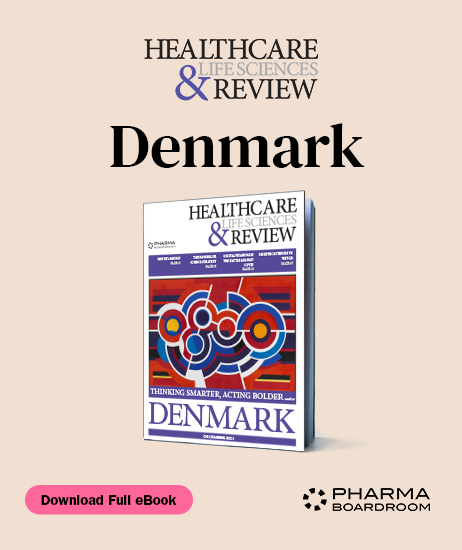 Indranil Sen, managing director of Ranbaxy Malaysia, a Sun Pharma company, discusses the role of generics in the Malaysian pharmaceutical sector, and their strategy to lead the market, rather than becoming a “me too” generics company.
What have been your main goals that you have set out to achieve as the MD of Ranbaxy Malaysia?
When I took over as the head of Ranbaxy Malaysia in 2015, the main objective was to understand the intricacies of our operations. Since Ranbaxy had just merged with Sun Pharma globally, we did not have a broader understanding of the local operations. In addition, we needed to strategize on how to take the business forward, understand the local regulations and the changing healthcare scenarios. As a local manufacturer, this was critical in order to be well prepared for the future. Historically we have been able to collaborate with the government by supplying our quality medicines, gaining their confidence and giving reassurances that they can expect even better and more advanced products and services from us in the years to come. It was important for us to continue with this objective, as the public healthcare system is the dominant sector in Malaysia. Nonetheless, we have also increased our focus on the private sector, which, while small in Malaysia, is growing. This should put us in a strong position to brace for the future and ensure sustainability of our operations. Moreover, now since we are a merged entity, we are focusing on building Sun Pharma’s corporate image. This is an ongoing exercise and a work in progress.
Malaysia is one of Sun Pharma’s leading markets among emerging countries. Can you evaluate your performance in the local market, and how do you position yourself?
Unlike many other generic companies, we are in a hybrid situation. We are a multi-national company and have the advantage of a larger global product pipeline, with a particular emphasis on chronic therapies, such as cardiology, psychiatry, neurology and oncology. We are in a strong position to extend these chronic therapies to meet the predicted future needs in some of the lifestyle segments. We have the advantage of possessing the technology and the ability to transfer it from the global technology platform to our local manufacturing unit in Malaysia.
Indranil Sen, managing director of Ranbaxy Malaysia, a Sun Pharma company, discusses the role of generics in the Malaysian pharmaceutical sector, and their strategy to lead the market, rather than becoming a “me too” generics company.
What have been your main goals that you have set out to achieve as the MD of Ranbaxy Malaysia?
When I took over as the head of Ranbaxy Malaysia in 2015, the main objective was to understand the intricacies of our operations. Since Ranbaxy had just merged with Sun Pharma globally, we did not have a broader understanding of the local operations. In addition, we needed to strategize on how to take the business forward, understand the local regulations and the changing healthcare scenarios. As a local manufacturer, this was critical in order to be well prepared for the future. Historically we have been able to collaborate with the government by supplying our quality medicines, gaining their confidence and giving reassurances that they can expect even better and more advanced products and services from us in the years to come. It was important for us to continue with this objective, as the public healthcare system is the dominant sector in Malaysia. Nonetheless, we have also increased our focus on the private sector, which, while small in Malaysia, is growing. This should put us in a strong position to brace for the future and ensure sustainability of our operations. Moreover, now since we are a merged entity, we are focusing on building Sun Pharma’s corporate image. This is an ongoing exercise and a work in progress.
Malaysia is one of Sun Pharma’s leading markets among emerging countries. Can you evaluate your performance in the local market, and how do you position yourself?
Unlike many other generic companies, we are in a hybrid situation. We are a multi-national company and have the advantage of a larger global product pipeline, with a particular emphasis on chronic therapies, such as cardiology, psychiatry, neurology and oncology. We are in a strong position to extend these chronic therapies to meet the predicted future needs in some of the lifestyle segments. We have the advantage of possessing the technology and the ability to transfer it from the global technology platform to our local manufacturing unit in Malaysia.
We have the advantage of possessing the technology and the ability to transfer it from the global technology platform to our local manufacturing unit in Malaysia.
Tags:






